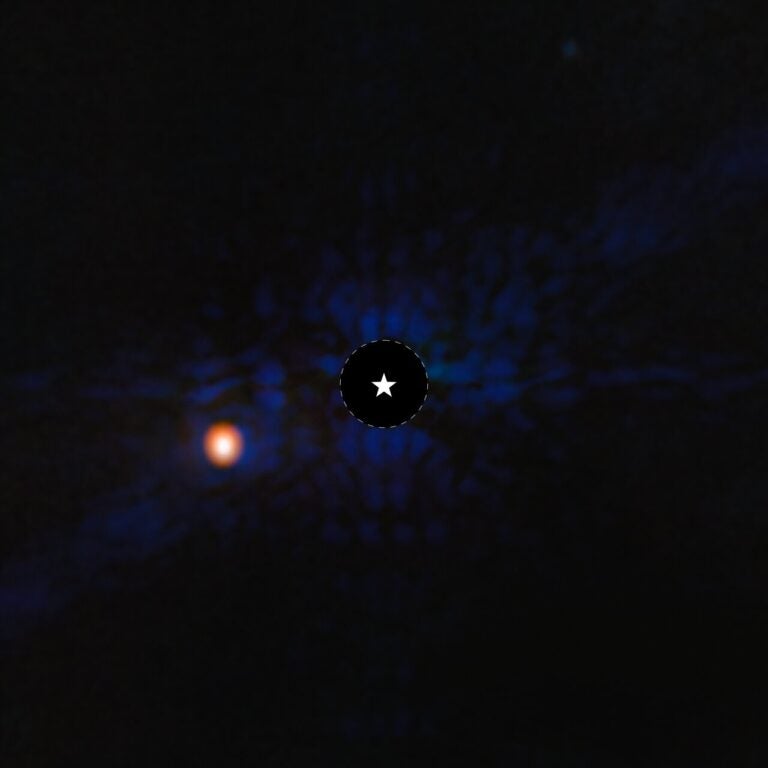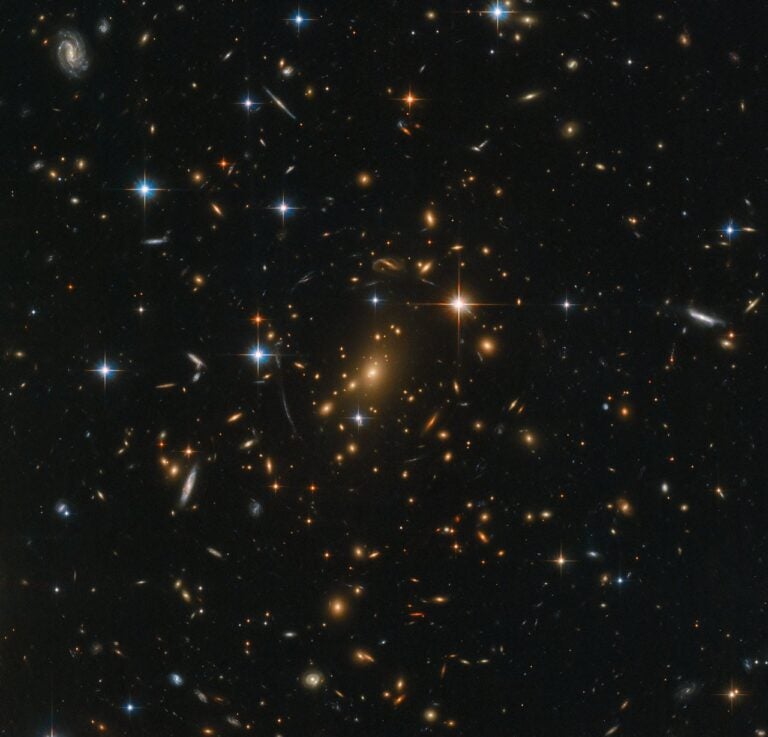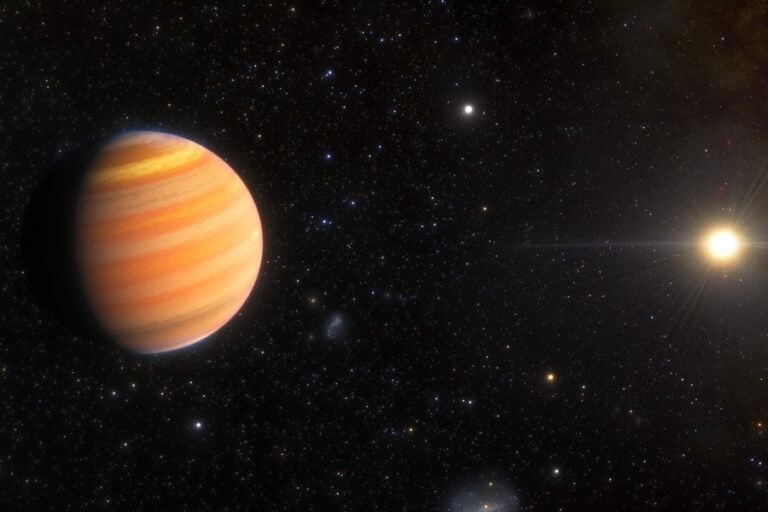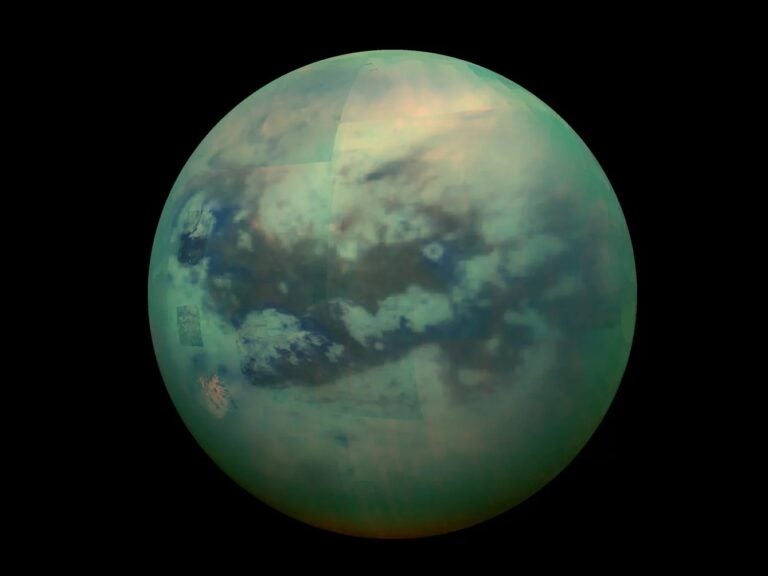This week’s sky events
Astronomy basics
Glossary of astronomical terms
Return to Astronomy “For the media” page
Matt Quandt
Public Relations Specialist
[t] 262.798.6484
[e] mquandt@kalmbach.com
August 15, 2006
WAUKESHA, WI – Is Pluto a planet? This hotly debated question may find resolution this week. On Wednesday, August 16, the 26th General Assembly of the International Astronomical Union (IAU) will hold a press conference from Prague to explain what its seven-member panel has decided is a scientific definition of a planet. According to Astronomy Associate Editor Francis Reddy, the assembly’s conclusion “will redefine our solar system.”
Astronomy magazine editors can provide perspective and context to the landmark announcement. For more information about 2003 UB313, nicknamed Xena, whose discovery in January 2005 proved to be the latest sticking point in this debate, download a PDF of Reddy’s “The tenth planet” (Astronomy, November 2005). This article provides information on Xena’s discovery and summarizes the differing viewpoints on its classification.
While astronomers have debated how to classify a planet for decades, the January 5, 2005, discovery of object 2003 UB313 – informally named Xena for the TV character – reinvigorated the conversation. On August 4, 2005, the IAU said a formal name for the object would not be selected until its planetary status was resolved, but Xena can’t be classed as a planet until astronomers define the term. For years, a seven-person IAU panel has been developing a list of requirements that define a planet. A draft of its “Resolution on the definition of a planet” will be presented to media August 16 and put to a vote August 24. If the resolution passes, we will have a new definition of a planet – and possibly some bodies will gain, or lose, planetary status.
According to Reddy, “Planets, as a collective term, was important in the early days of astronomy, but now, scientists see greater importance in groups of objects that have a common formation process or interesting dynamics. Defining ‘planet’ in a way that roughly matches the existing nine planets doesn’t make scientific sense.”
Helpful links for reporting on this topic:









